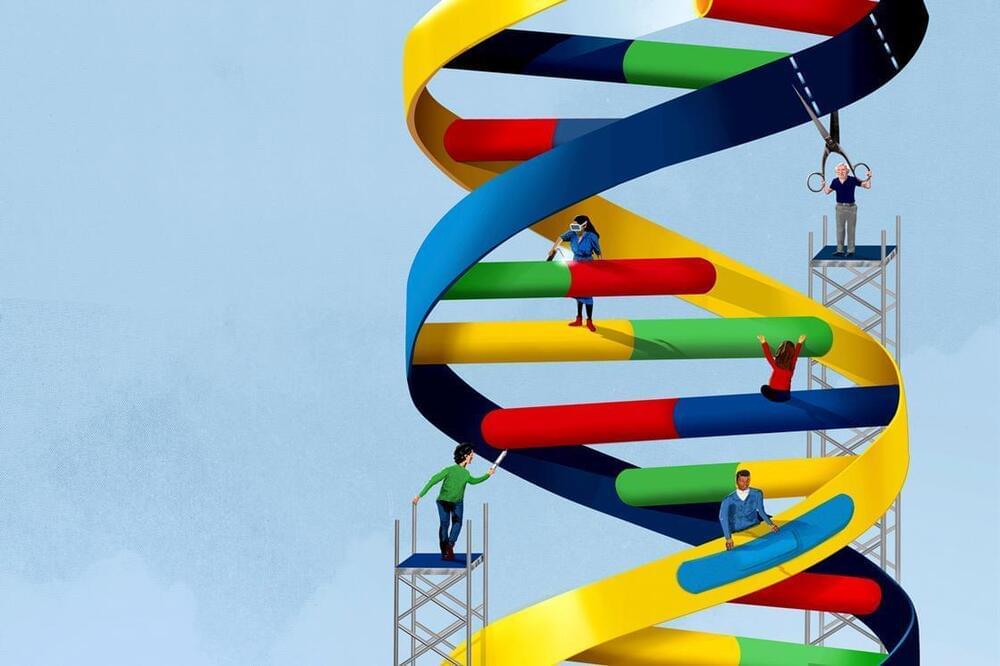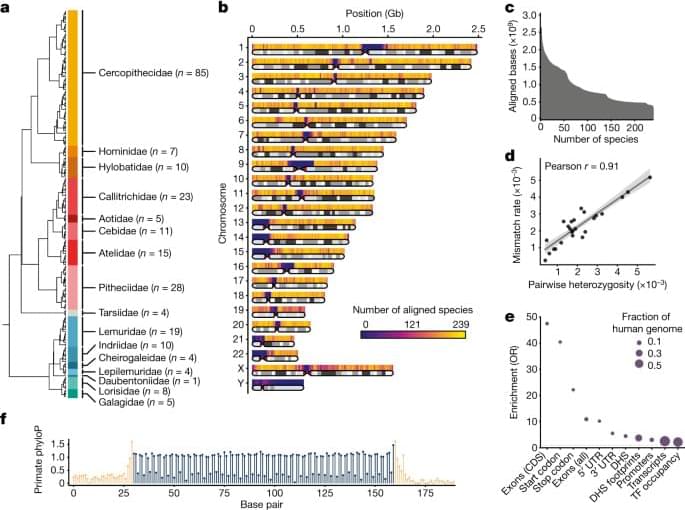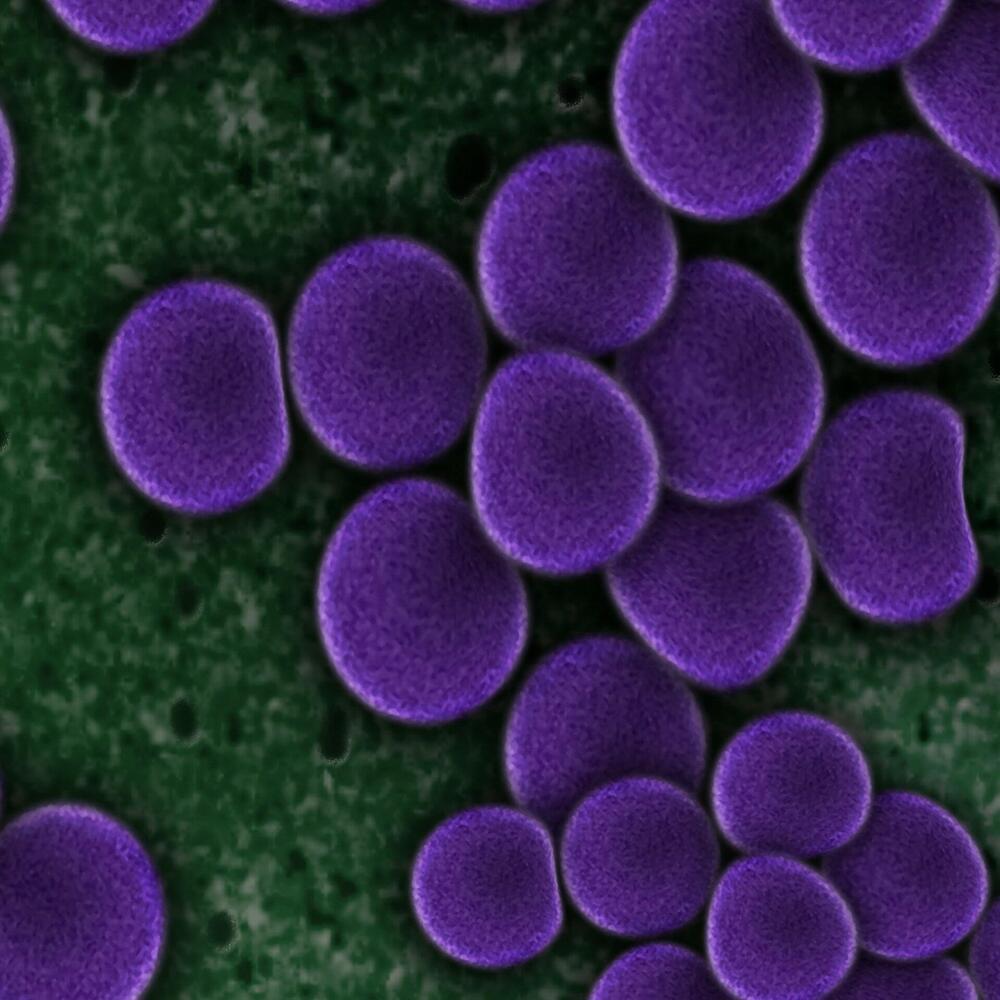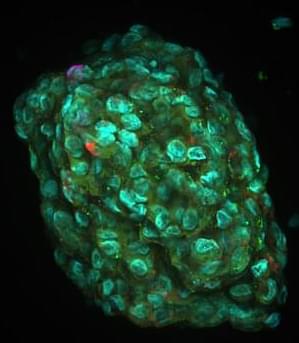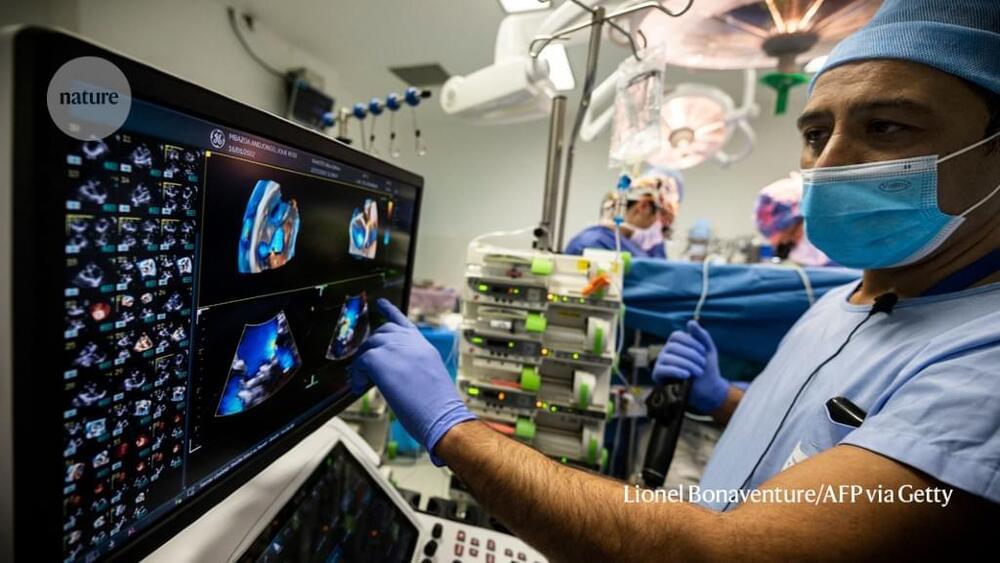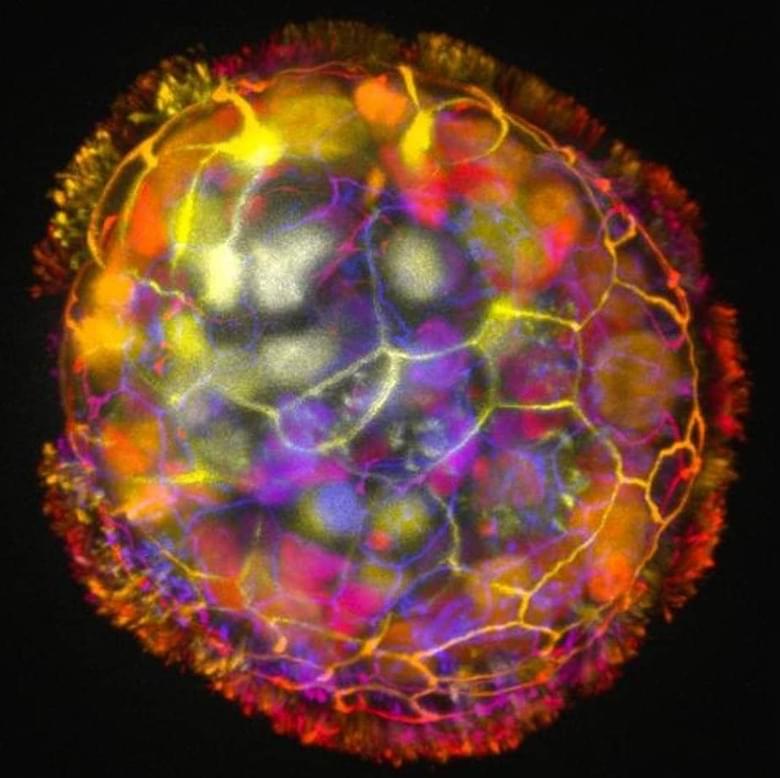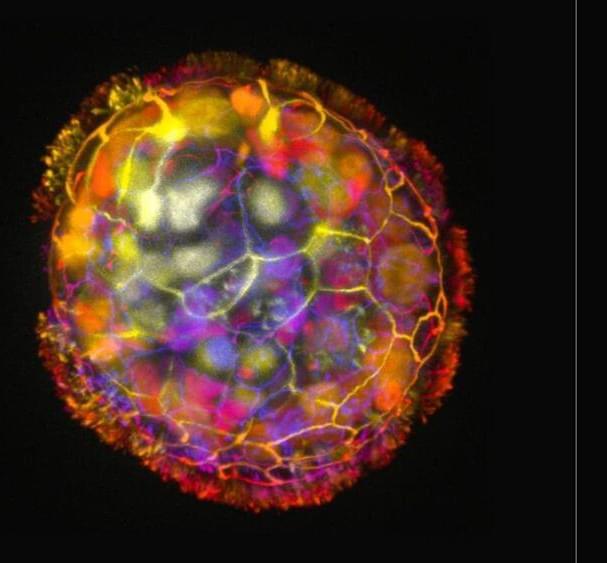Additionally, GAI helps radiologists cross-reference comorbidities in a way that was not possible before. For instance, people with certain types of autoimmune arthritis have an increased risk of cardiovascular disease (atherosclerosis, hypertension, and type 2 diabetes). These conditions might seem unrelated, but if a CT scan reveals calcifications in the coronary arteries, GAI can facilitate informing the radiologist and treating physician of this important biomarker. These types of added value are not just consumer conveniences. As potentiators of clinical research and effectuators of episodes of care, they can save the lives of patients.
Leaning into the whole.
It should be clear to most in the industry that AI is knocking at the door, and those who do not adopt new technology will be left behind. What seems less clear is how that design and implementation should move forward. Laying AI functions on top of already outdated systems or relying on separate solutions that do not play into the unified stack system–especially given the volume of data, delicate privacy issues and the need for constant updates–does not optimally contribute to advancement. Instead, we should embrace the vision as a whole and build for unification and GAI, rather than jury-rig a square peg in a round hole.


